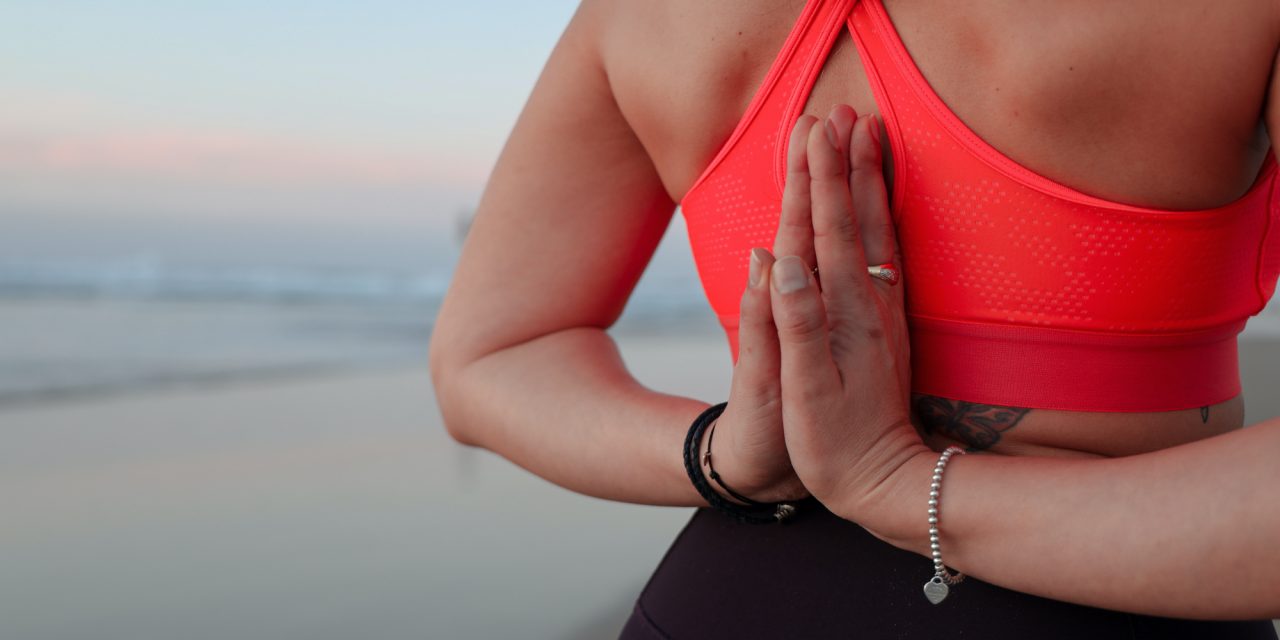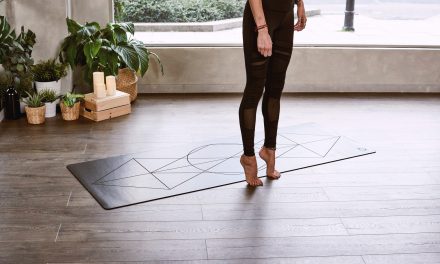With around one in five women and one in 15 men experiencing migraine – and many struggling to manage the symptoms – New Delhi scientists have come up with some encouraging news.
Adding yoga to your regular migraine treatment may bring more relief than just taking your medication, they say. At least that may be the case for people who have less frequent migraine headaches that don’t last too long and aren’t as painful as some migraine attacks can be. The researchers’ study is published in Neurology, the medical journal of the American Academy of Neurology.
“Migraine is one of the most common headache disorders, but only about half the people taking medication for it get real relief,” explains study author Rohit Bhatia of New Delhi’s All India Institute of Medical Sciences. “The good news is that practicing something as simple and accessible as yoga may help much more than medications alone. And all you need is a mat.”
A total of 114 people took part in the study. The participants experienced between four and 14 migraines a month. Some learned an hour-long yoga practice that included breathing and relaxation exercises and postures. Others did no yoga. Both groups received appropriate medicines and were told about lifestyle changes that may help manage migraine. These lifestyle changes included getting plenty of sleep, eating regularly and taking regular exercise.
Both groups of participants said their symptoms improved. But those who did yoga reported bigger improvements. The yoga group had 48 per cent fewer migraines, compared to 12 per cent fewer attacks in the non-yoga group. Those who did yoga also reduced their medication by 47 per cent after three months.
“Our results show that yoga can reduce not just the pain, but also the treatment cost of migraines,” adds Bhatia. “That can be a real game changer, especially for people who struggle to afford their medication. Medications are usually prescribed first, and some can be expensive.”
Need any more reasons to unroll your yoga mat? Find out how yoga can boost your brain as well as relieve anxiety and depression.





